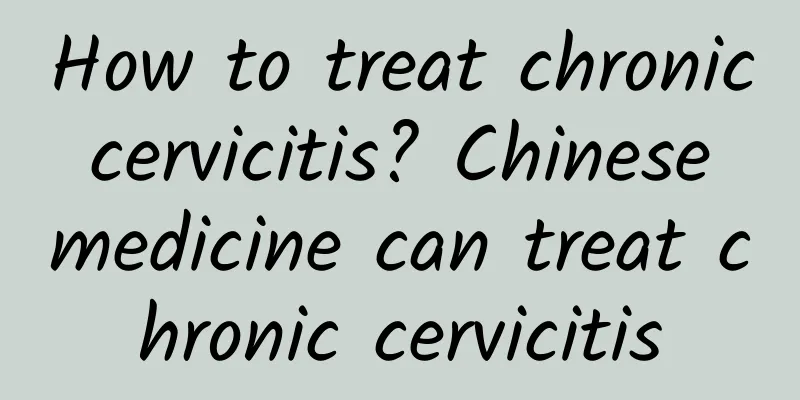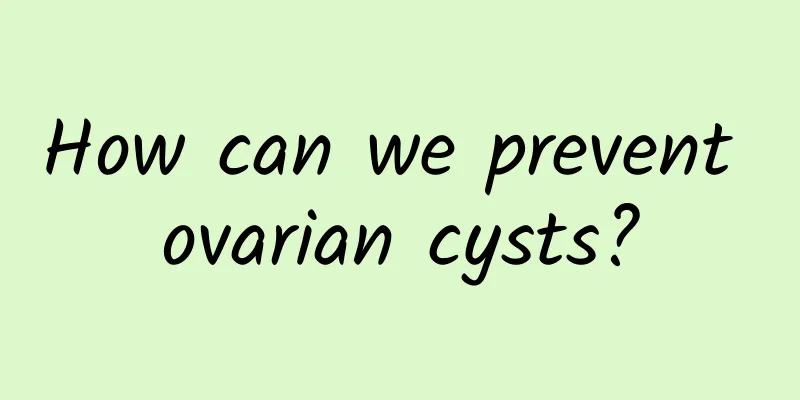Eat for a good pregnancy! Eat more spinach and salmon to help pregnancy, remember 5 do's and 3 don'ts

|
What should I eat if I want to get pregnant? What should not be eaten? Aroused great attention. Doctors point out that a "fertility-enhancing diet" can assist in successful conception. Studies have found that if young men and women really want to become pregnant successfully, they must choose foods such as whole grains, high-quality protein, and healthy oils, and eat less processed foods and trans fats to increase the chances of conception. Dr. Zhou Shuoqu from the Department of Family Medicine at the National Shuanghe Hospital pointed out that the domestic fertility rate has been declining year by year. The survey found that the total fertility rate of Taiwanese women has been declining since 1950. The current average fertility rate is the lowest in the world: 1.17 people. It is estimated that from 2025, the population will turn to negative growth, seriously affecting the country's development and security. Fertility diet increases chances of conception According to research by a team of nutrition experts at Harvard University, what women eat may be related to their chances of becoming pregnant, while men can eat certain foods to increase the quality of their semen. This "pregnancy-aiding diet" reverses the traditional folk belief that eating oysters, garlic, ginseng, kelp, yam and other "pregnancy-aiding foods". A Harvard University research team conducted an eight-year study on more than 18,000 women and found that if women want to build a body that is easy to get pregnant, they should choose more whole grains, high-quality protein, healthy fats and other foods. In addition to regular exercise and adequate sleep, controlling weight and quitting smoking and drinking are also small helpers to help pregnancy. In order to increase the chances of pregnancy, the Harvard University research team also found that there are 5 foods that should be eaten and 3 foods that should not be eaten. What should I eat to increase my chances of getting pregnant? 1. Salmon Salmon is rich in omega-3 fatty acids, which have been shown to direct blood flow to the reproductive organs and increase cervical mucus, helping to regulate body hormones and promote ovulation. In addition, sperm contains high concentrations of DHA, which is a member of the Omega-3 family. showed that salmon is important for promoting the viability of sperm cells. Food alternatives to salmon include seeds, eggs and lentils. 2. Spinach Spinach's dark green leaves are rich in folate, a nutrient that may increase ovulation rates. Folic acid also helps cells divide and produce DNA, both of which affect the chances of a healthy pregnancy. In addition, spinach contains many nutrients that are important for prenatal care, such as iron and calcium, which can also prevent fetal brain and spinal problems in the first few weeks of pregnancy. Green vegetables help increase women's sexual desire because they contain chlorophyll, which promotes blood flow. If you don't like spinach, you can eat Romaine lettuce, Swiss chard or arugula instead. 3. Whole wheat Whole-wheat foods such as brown rice, oats and barley are rich in B vitamins such as folic acid and B12, which are important for healthy fertility. In particular, some studies have found that B12 deficiency is related to infertility. Another important element – fiber, can help the body remove excess hormones and maintain blood sugar balance. Whole wheat also contains antioxidants that protect the cells of the eggs and organs that produce fertility hormones. 4. Beans Beans have been found to be associated with fertility due to their folate content, high fiber and protein. A study by the Harvard School of Public Health of 17,500 nurses with no history of infertility who were trying to get pregnant found that women who consumed the most animal protein had a 39% higher risk of infertility than those who consumed plant-based protein. In addition, beans are rich in iron, which can help women avoid anemia when trying to conceive. . 5. Dark Chocolate Dark chocolate has been proven by many studies to improve the quality of male semen. It contains the amino acid arginine (L-arginine) which can increase sperm count, sperm motility and semen volume. It is also high in antioxidants that can fight free radicals in environmental pollution and toxins that can affect male fertility. In addition, dark chocolate can promote heart health, and the antioxidants in it also help blood flow, which is good for fertility. Other foods rich in antioxidants include blueberries and citrus fruits. What should you not eat to increase your chances of getting pregnant? 1. Soybeans Although soy products can help women who have difficulty conceiving, they may harm men's fertility. A Harvard University study found that men who consumed the most soy products had about 40 million fewer sperm per milliliter of semen than men who did not eat soy products at all. Although a small amount of soy products will not affect the fertility of most men, if the sperm count is low, soy products may cause an imbalance in estrogen or progesterone in the male body and further reduce the sperm count. 2. Fried food Fried foods can harm fertility by reducing blood flow to the reproductive organs and can also clog arteries. A Harvard University study of 18,000 women found that the more trans fats a woman ate, the greater her risk of fertility problems. For every 2% increase in calories from trans fats, the risk of infertility increased by 73%. In order to prepare the healthiest environment for the future fetus, the mother's diet should be full of vitamins and minerals. 3. Sugary drinks One study looked at more than 3,800 women aged 21 to 45 and about 1,000 of their male partners and found that drinking one sugary drink a day was associated with a 20 percent decrease in fertility for either partner. Specifically, women's fertility is reduced by 25% after drinking sugary drinks, while men's fertility is reduced by 33%. The study found that sugary drink consumption was associated with reduced fertility, even after controlling for other factors such as obesity, caffeine intake, alcohol, smoking and overall diet quality. |
Recommend
What are the dangers of copycat abortion?
What are the dangers of fake abortion? If the ope...
How big is the uterine fibroid that requires surgery?
How big is a uterine fibroid that requires surger...
What are the treatment measures for ectopic pregnancy
Ectopic pregnancy is also a common disease in lif...
What causes ovarian cyst pain?
What causes ovarian cyst pain? Ovarian cysts are ...
What are the obvious early symptoms of pelvic inflammatory disease?
Pelvic inflammatory disease is a common disease a...
Can pelvic peritonitis cause infertility?
Pelvic peritonitis is caused by other diseases an...
How to maintain endometrial thickness after surgery
The endometrium is an important part of the uteru...
Experts explain the reasons why unmarried women suffer from uterine adnexitis
Although the incidence of adnexitis in unmarried ...
The harm of menopause can affect future generations
In life, many female friends are very sensitive w...
Emergency contraceptive pills can cause ovarian cysts
Xiaobai and Xiaoqing are both young people with i...
It is very important to do a good job of health care to prevent ectopic pregnancy
Ectopic pregnancy is a very serious acute abdomin...
The main reason why ovarian cysts gradually appear
Among gynecological diseases, ovarian cysts are o...
Do you have toothache before menstruation?
Do you have toothache before your period? Toothac...
Is there a high chance of spontaneous abortion in cervical pregnancy?
The chance of spontaneous abortion in cervical pr...
Adolescent girls with irregular menstruation usually have menstruation that stops for several months after menarche.
Menstrual irregularities in teenage girls have be...









